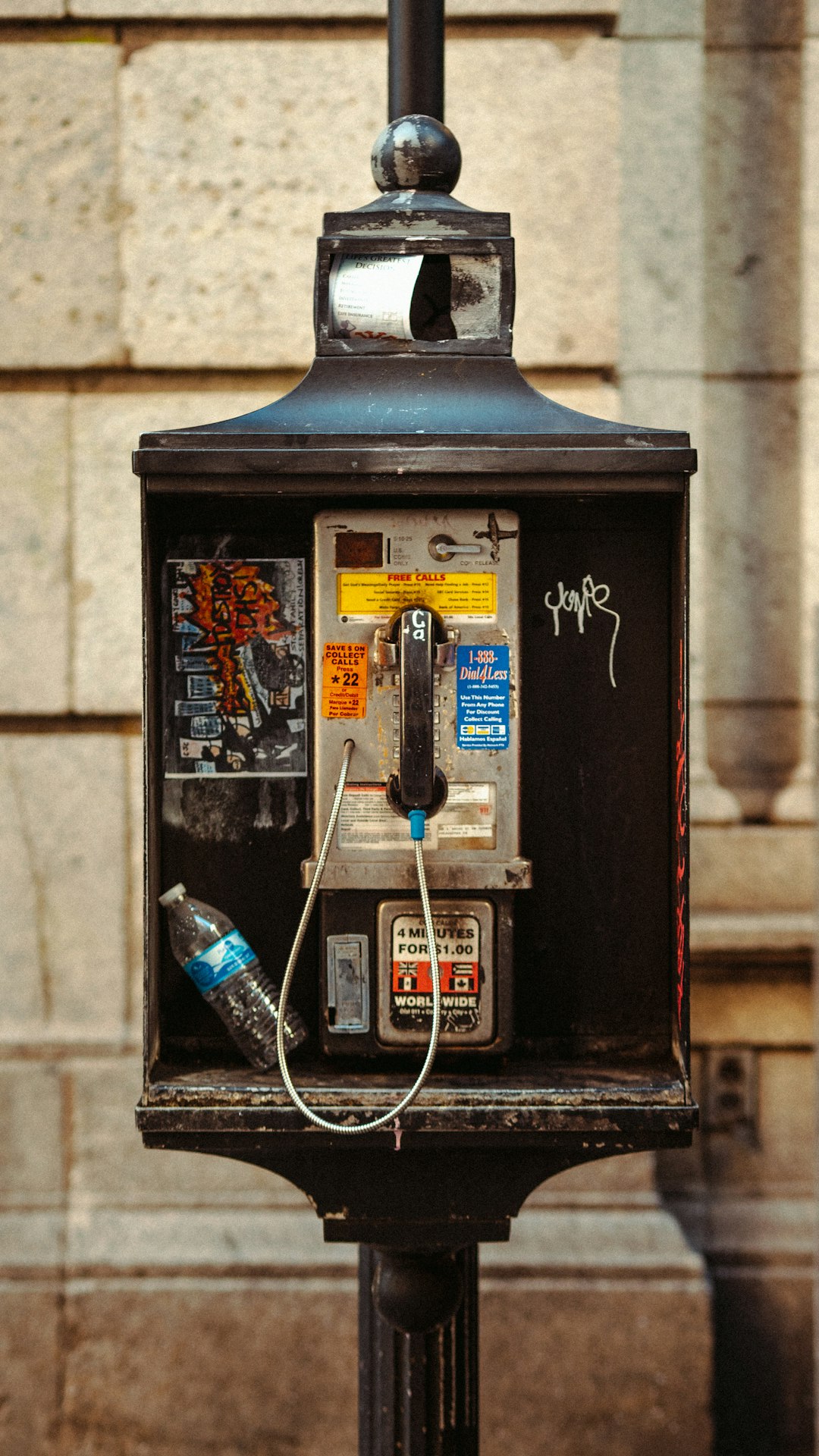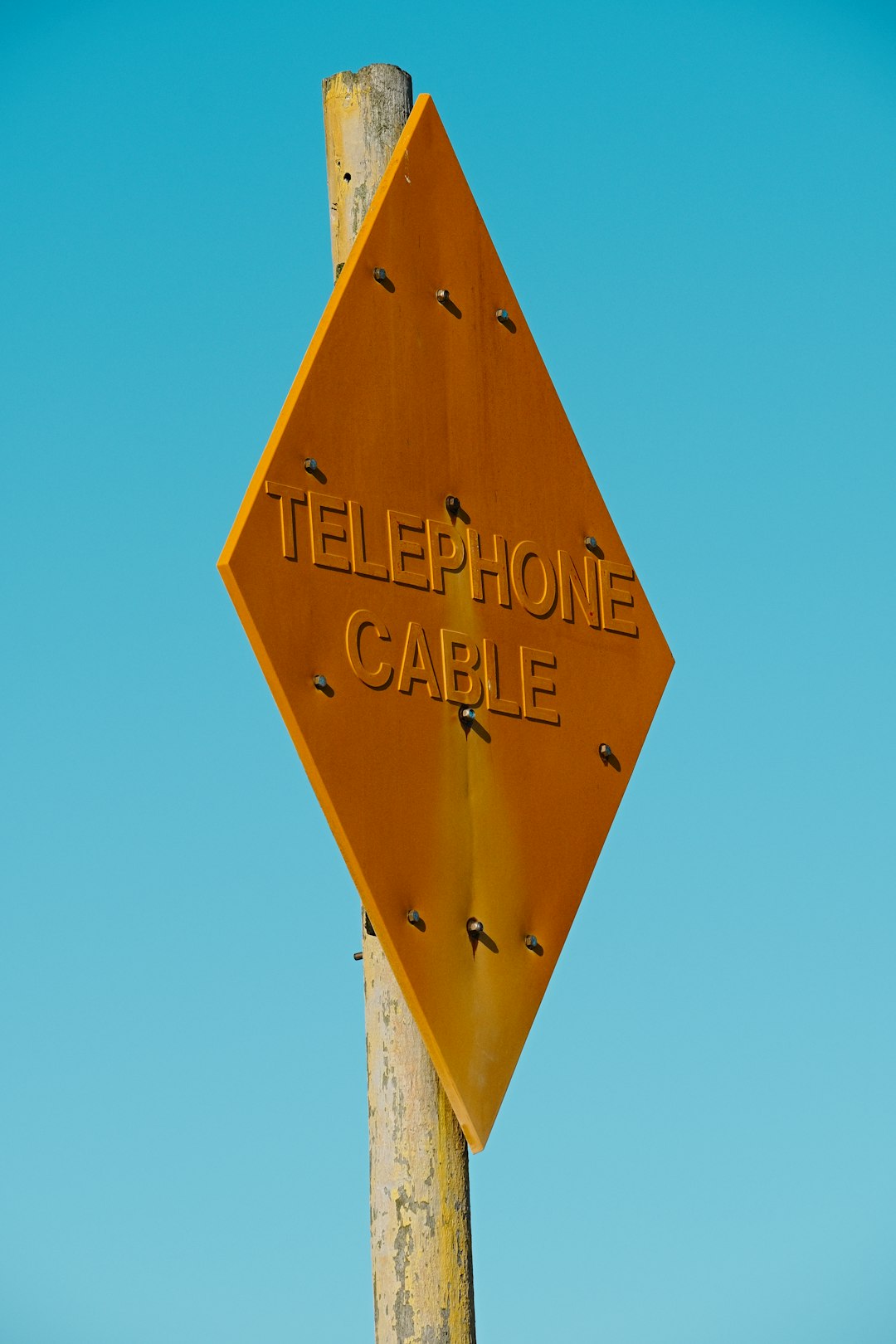Philadelphia's spam texts laws protect residents from unsolicited marketing messages via text. Businesses must obtain prior consent and provide an opt-out mechanism, adhering to time-of-day restrictions and frequency limits. Non-compliance results in fines, while documented spam reports can lead to legal action under local consumer protection ordinances.
In Philadelphia, navigating legal spam text messaging is crucial for both businesses and consumers. This guide aims to decipher the city’s evolving spam text messaging laws, empowering individuals and entities alike. We’ll explore defining legal parameters, understand key regulations and restrictions for businesses, and outline consumer rights and reporting mechanisms for spam texts. By delving into these aspects, we aim to provide a comprehensive overview of Philadelphia’s spam text messaging landscape.
Defining Legal Spam Text Messaging in Philadelphia

In Philadelphia, just like elsewhere, legal definitions of spam text messaging are crucial to understanding what constitutes an illegal practice. Spam text messages refer to unsolicited text messages sent in bulk for marketing or promotional purposes. These texts often promote products, services, or offers and can be misleading or annoying, leading to consumer frustration. The laws in Philadelphia aim to protect residents from these unwanted and potentially deceptive practices.
Philadelphia’s spam text messaging laws are designed to maintain a harmonious balance between businesses’ marketing efforts and individual privacy rights. Any business engaging in text message campaigns must adhere to strict guidelines, ensuring transparency and consent. This means that companies cannot send spam texts without prior permission from the recipients, who should have an easy opt-out option. Compliance with these rules is essential to avoid legal repercussions for businesses and ensure a positive experience for Philadelphia residents when it comes to text messaging communications.
Key Regulations and Restrictions for Businesses

In Philadelphia, businesses engaging in text message marketing must adhere to strict regulations aimed at preventing unwanted spam. The key regulation revolves around obtaining explicit consent from recipients before sending any promotional messages. This means that companies cannot simply buy or lease phone numbers for marketing purposes; they must implement opt-in systems where customers actively choose to receive communications.
Additionally, the City of Philadelphia’s Office of Attorney General strictly enforces the Pennsylvania Wireless Communication Device Act and the Telephone Consumer Protection Act (TCPA). These laws limit the time of day and frequency of spam text messages, ensuring recipients get a reasonable amount of rest and aren’t bombarded with incessant notifications. Businesses must also provide an easy, hassle-free way for customers to opt-out of future communications, or face significant fines.
Consumer Rights and Reporting Spam Texts

In Philadelphia, consumer rights are protected by strict guidelines regarding spam text messaging. If businesses or individuals send unsolicited spam texts, consumers have several options for recourse. The first step is to report the spam texts to your mobile carrier and the Federal Trade Commission (FTC). Most carriers have mechanisms in place for submitting these complaints, which can help track and penalize offenders.
Additionally, Philadelphia’s local laws reinforce the state-level restrictions on spam texts. Consumers are encouraged to document the spam messages, including timestamps, content, and any identifying information about the sender. This evidence can be crucial when reporting spam and potentially pursuing legal action under the city’s consumer protection ordinances.






